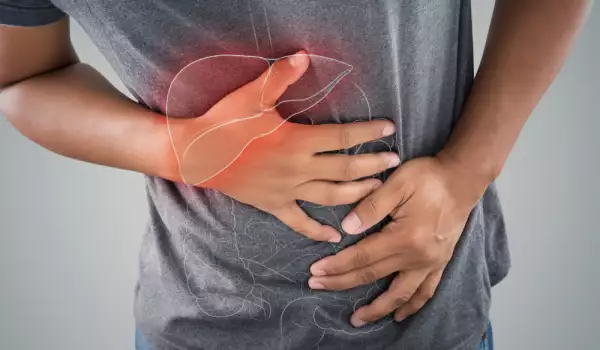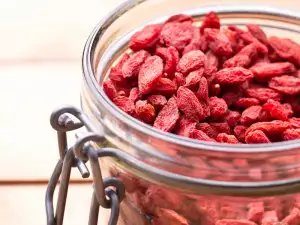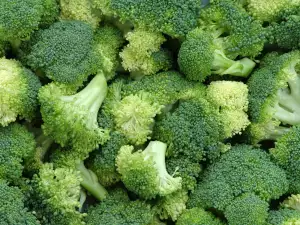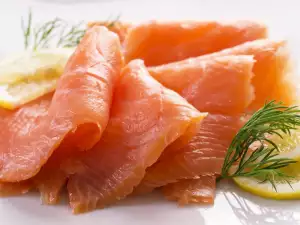One of the most common ingredients in many kitchens around the world is garlic. Used for thousands of years, it is known for its health benefits for everyone.
While the US celebrate April 19th, Garlic Day and don't think about the potential harms of garlic consumption, we will pay attention to this topic. As beneficial as garlic is, keep one thing in mind.
Every coin has two sides, so garlic has its dark side. Although rich in antioxidants, garlic can cause liver toxicity if consumed in excess, according to a study.
Similar findings were recorded in a report published by the University of Pennsylvania - garlic, although practically non-toxic, can cause liver damage if taken in large quantities. According to a report published by the National Cancer Institute, consuming fresh garlic bulbs on an empty stomach can cause nausea, vomiting and heartburn.

According to a report published by Harvard Medical School, garlic is one of those foods that can cause gastroesophageal reflux disease. Consuming garlic on an empty stomach can also cause diarrhea or gas in the stomach.
It is important to note that it is better to stop garlic consumption at least two weeks before a scheduled surgery, as it can prolong bleeding and interfere with blood pressure levels. If you are already on treatment for high blood pressure, it may not be the best food for you.
Since garlic has blood pressure lowering properties, taking it might be a bad idea. Although full of benefits, prolonged contact with garlic can cause skin irritation. One study claims that an enzyme in garlic called alliin lyase may be responsible for the irritation.
It has been found that excessive consumption of garlic can lead to a condition called hyphema, which refers to bleeding in the space between the iris and the cornea. Consuming large doses of garlic causes or worsens hyphema, which can cause loss of eyesight.
Garlic, especially when consumed raw, can trigger migraines. Although it does not directly cause a headache, it activates the process responsible for it.
Consuming garlic in large quantities during pregnancy or lactation may induce labor, which at some point may be undesirable.
In addition to all these negative effects, garlic overdose can cause muscle pain and loss of appetite, renal hematomas (swelling of clotted blood in the kidney), chemical burns in the mouth, and life-threatening allergic reactions.
And if you want to make sure you're not harming yourself while eating garlic, check out these suggestions for:
- garlic soup;




















Comments